
In December of 2025, the U.S. Coast Guard announced the award of two contracts to build up to six Arctic Security Cutter (ASC) icebreakers. The announcement declaring the vessels would be built between the United States and Finland in a major step forward for America’s national security in the Arctic region. The decision process encompassed more than the security of the Arctic passage.

Frederick Joseph Harris of Mystic CT, passed peacefully at 5:47PM on 10/24/2025, with his family by his side. “Fred” was born on 11/25/1944 at Framingham Union Hospital to Frederick Everett and MaryRosa Camilla Harris.Fred was a proud patriot who loved his country. Fred received his bachelor’s degree in Marine Engineering from Maine Maritime Academy (with Honors) in 1967.
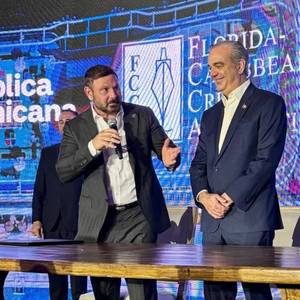
The Florida-Caribbean Cruise Association (FCCA) has strengthened its partnership with the Dominican Republic to enhance cruise tourism.During a series of high-level meetings between FCCA leadership and the Dominican Republic’s tourism and port authorities, both parties committed to a shared vision: to position the Dominican Republic as a premier cruise destination in the Caribbean by delivering
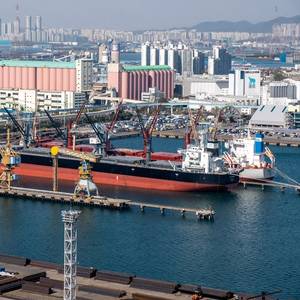
South Korea and the United States havehttps://www.marinelink.com/news/hanwha-build-usflagged-lng-carrier-528214 been discussing a shipbuilding tie-up that could include investments to modernize U.S. shipyards and more help to repair the U.S. naval fleet as Seoul seeks better tariff terms, government and industry sources said.U.S. President Donald Trump, who has made revitalizing the aging U.S.
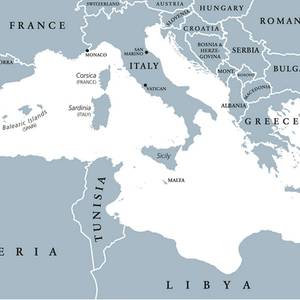
The Mediterranean Sea Emission Control Area (ECA) for sulphur oxides enters into effect on 1 May.This will make the Mediterranean Sea the fifth ECA for sulphur oxides in the world.In the Mediterranean Sea, it means ships will have to use marine fuel with lower sulphur content, down from 0.5% (a global requirement) to a maximum of 0.1%.
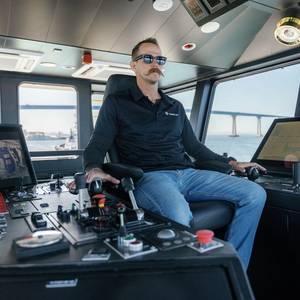
Crowley—a legacy U.S. maritime and logistics powerhouse—is making waves with an innovative, people-first approach to workforce development. In a wide-ranging conversation on the Maritime Matters: The Marinelink Podcast, two of Crowley’s senior leaders — Megan Davidson, Chief People and Regulatory Officer, and Jim Bender
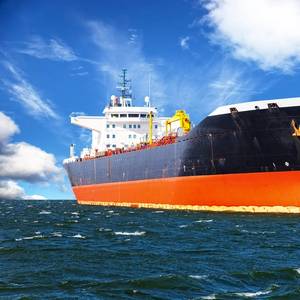
Venezuela's exports of crude oil and fuel fell 11.5% in March as Washington's imposition of secondary tariffs and the cancellation of key licenses to operate in the U.S.-sanctioned energy sector led to delays and cargo suspensions, according to ship tracking data and documents.U.S.
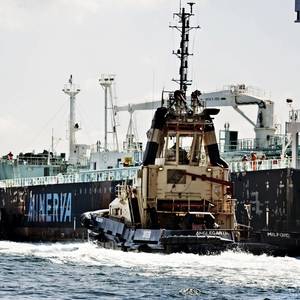
Operating one of the world’s largest marine fleets of any kind, it is Svitzer’s local footprint that speaks volumes for its diverse and far-flung workforce and assets. Strengthened by a multi-national team, providing value in more than three dozen countries, Svitzer stands out every day.
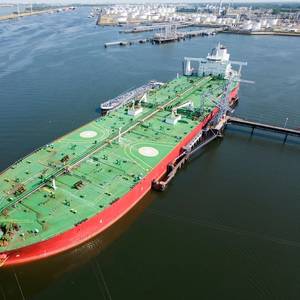
Asia's crude oil imports are off to a weak start in 2025, as top importer China continues to buy less and new sanctions put the brakes on cargoes from the continent's top supplier Russia.Asia's imports for the first two months of the year are on track to be 26.17 million barrels per day (bpd), down 780,000 bpd from the 26.
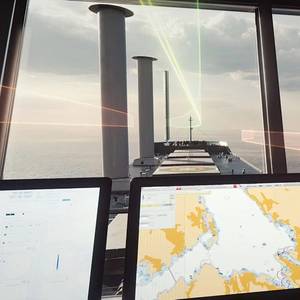
Kongsberg Maritime has launched K-Sail, a new service that helps vessel owners choose and integrate wind-assist technology effectively.Wind-assist technology has rapidly gained popularity and variety over the past few years as ship owners seek ways to reduce fuel consumption and emissions.

Licensed bunker tankers operating in the Singapore port will be allowed to carry and deliver up to 30% blended marine biofuel (B30) from Friday, a circular from the Maritime and Port Authority of Singapore (MPA) showed.Conventional tankers were previously allowed to carry a maximum of 24% blended biofuel.
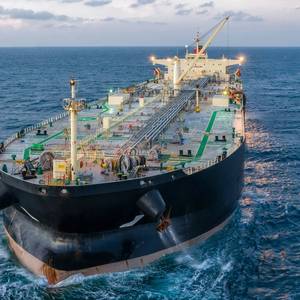
President Donald Trump's administration is considering a plan to stop and inspect Iranian oil tankers at sea under an international accord aimed at countering the spread of weapons of mass destruction, sources familiar with the matter told Reuters.Trump has vowed to restore a "maximum pressure" campaign to isolate Iran from the global economy and drive its oil exports to zero